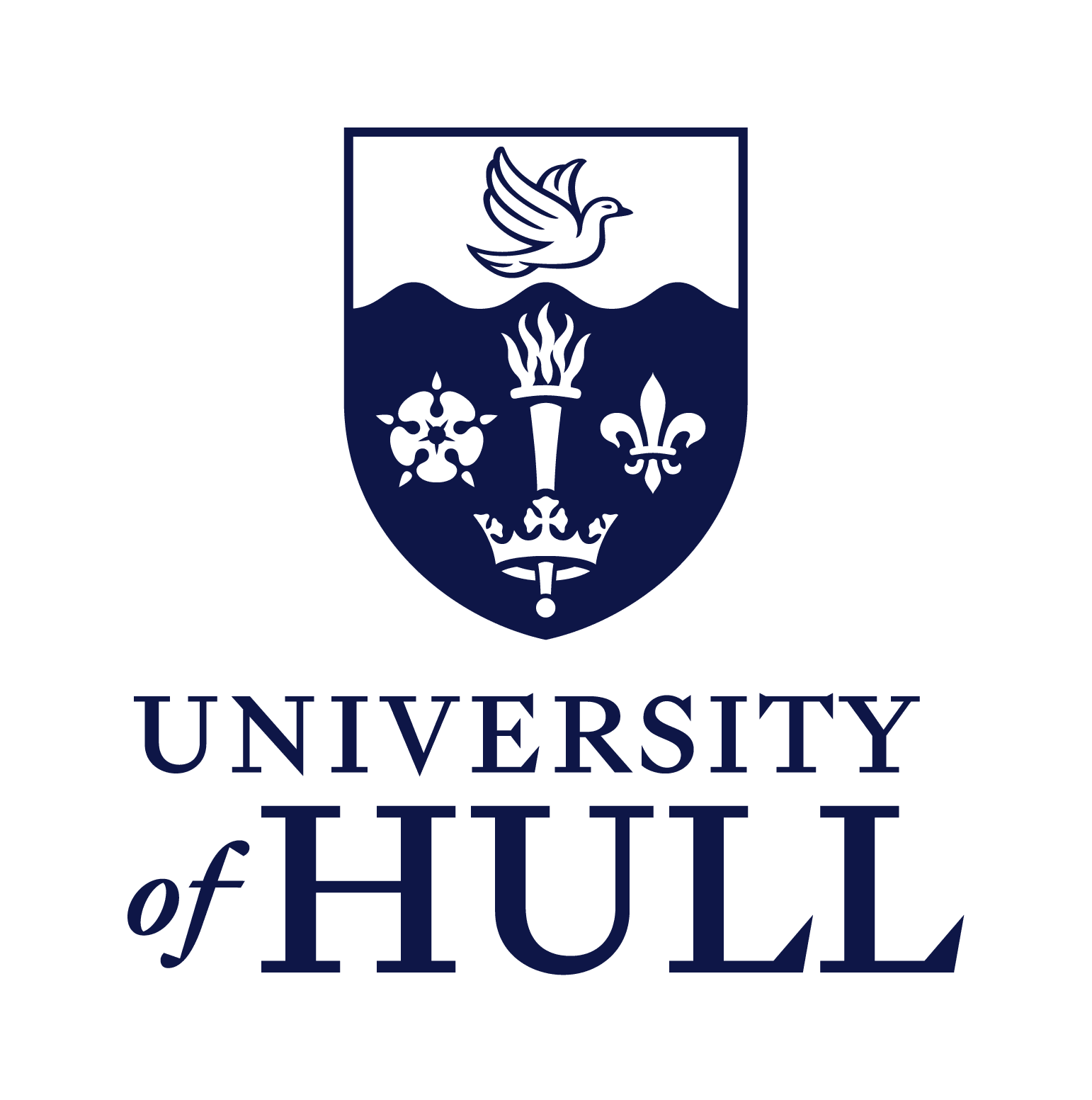This course includes the following core modules that all students complete:
Level 4
- Ethics and Safeguarding
- Humanistic Theory and Common Factors
- Theoretical principles
- Children, Young People and Attachment
- Contemporary Practice
- Personal and Professional Development
Level 5
- CBT Principles
- Practice Principles
- Resilience & Theoretical Principles
- Cultural Issues, Diversity and Differences
- Research Principles
- Clinical Practice
Level 6
- Complex presentations
- Advanced Theoretical Concepts
- Challenges in relational Counselling
- Professional practice
- Dissertation
Occasional changes to modules and course content may take place. Students will be notified when applicable.
The primary way of delivering this course is on campus.
On campus teaching includes a combination of lectures, small group seminars, workshops, guest lectures and one to one discussions with your tutor. The assessment strategy adopts a variety of methods but not limited to, podcasts, essays, roleplays and student presentations. The course will incorporate 100 placement hours, where students will be afforded the opportunity to implement their theoretical knowledge and applied skills into practice in a real-world environment. Real-life work experience gained during placement is beneficial to students’ CVs.
Contact time for students is 1 day per week for the full-time route and 1 morning or afternoon per week for the part-time route. This allows students to obtain work experience in the sector throughout the other days as well as conduct independent learning and assessment work. This also allows students to manage work and family commitments they may have during the course.
Students will receive approximately 6 hours of teaching time per week throughout the full-time course, depending on the modules being taken. Additional one-to-one meetings with tutors will provide further support. Students have the option to contact additional support through a dedicated team to develop key study skills such as referencing and academic writing style. We have found this to be a very useful aspect of the course, especially for anyone who has had a break in education and is returning to studies, however the service is available for all students who attend the course.
Entry requirements would usually be one of the following:
- As a minimum a Level 2 in Basic Counselling Skills.
- 48 UCAS Tariff Points – Level 3 qualifications, these may include: A Level or BTEC National Diploma (PPP) or a Foundation Diploma, in a relevant subject area
- Access to HE Diploma with at least 45 credits at Level 3
- Recognition of Prior Learning (RPL) Recognition of Prior Experience (RPEL)
As part of this programme of study you will be required to have a valid Enhanced Disclosure and Barring Service (DBS) check. You will be required to pay the cost of this. A DBS must be in place before you start your programme. You may be able to supply an existing DBS but this must be within 3 years of issue.
We welcome applications from people of any age who might not meet the standard entry criteria, but we would expect to see evidence of continuing academic and/or professional development and a capacity to pursue the course successfully.
Our programme will enable progression to a wide range of jobs within the industry which include working in charitable organisations, private sector, NHS and prison settings, schools, working within a pastoral setting, working as trainers and facilitators. A number of recent graduates have established private practice, as well as accepting positions within the NHS, prison service, and charitable organisations. Others have progressed to Post-graduate programmes, including psychology conversions.
HE Cert Progression can be made to the BA (Hons) Integrative programme.
